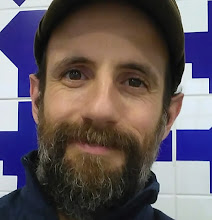A United Nations programme that is combating poverty in rural Africa is putting mobile phones in the hands of nearly half a million people by hooking up 79 villages in 10 African countries to cellular networks.
The UN Millennium Villages programme, a collaboration between the Earth Institute at Columbia University in New York and the UN, aims to improve healthcare, education and local economies by providing access to mobile phones. An increase of 10 mobile phones per 100 people could increase GDP growth by 0.6 percent, according to a 2005 study.
The infrastructure, as well as solar chargers for phones, are provided free of charge by mobile firm Ericsson. Services are run and charged for by local operators. In most countries, Ericsson will install a "2G network" (second generation technology) that can handle voice calls as well as data downloads of around 200 kilobits per second (ps). The first village to receive the telecom services was Mayange, Rwanda in October 2007.
The Millennium Villages are located in hunger "hotspots" characterised by chronic hunger, a high prevalence of disease, limited medical care and a severe lack of infrastructure. By extending the mobile network to people who would not normally be a priority for mobile phone firms, this project has the potential to empower marginalised populations. The arrival of mobile phones can also stimulate entrepreneurship as people discover how the new technology can lead to new services and solutions.
Source: The Commonwealth of Learning (COL), at http://www.col.org/colweb/site/pid/5152






Aucun commentaire:
Enregistrer un commentaire